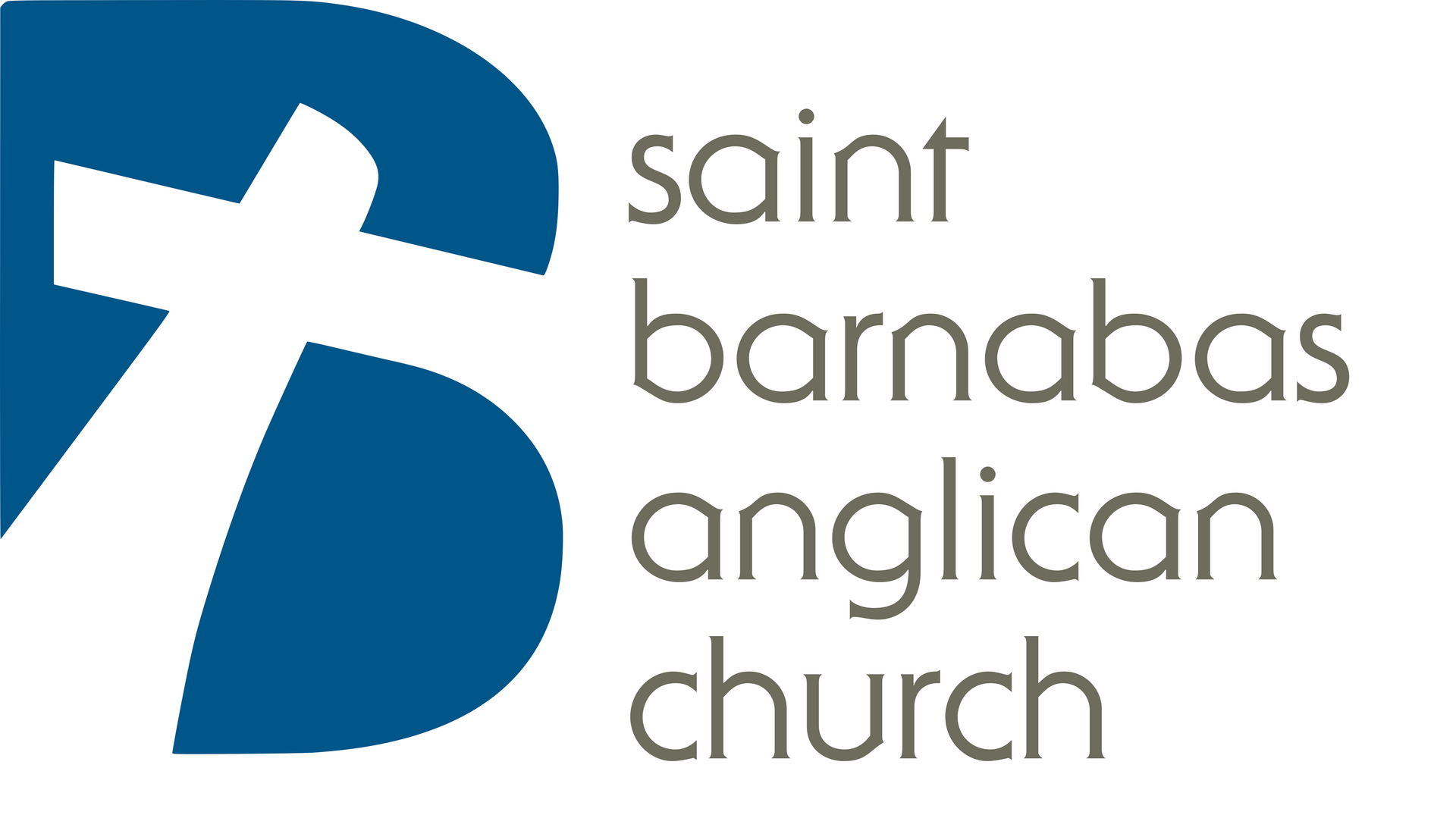Asking Why - Why do you have a crucifix instead of a cross in the church?
This series of articles will cover a number of topics addressing various practices we have within Anglicanism. Many broad questions will be tackled, however if you have a specific question, please email me at andrew.petta@gmail.com.
Why do you have a crucifix instead of a cross in the church?
The empty cross, many say, is a reminder of our hope as Christians. As a tool of suffering and humiliation, the Romans chose the cross as the means of death for Jesus. Through His resurrection, He conquered the power of death for all.
The empty cross serves as a reminder of our salvation through His death and as a focus of what is to come. Many feel that the simple cross, like the empty tomb, points to the victory we have through Jesus. A victory that will be realized when we too, as believers, will enter into glory at the resurrection of the just.
Historically, the move to use an empty cross was chosen as a means to distance one's denomination from that of the Roman Church because of a misunderstanding by some that Roman Church believed Jesus was re-sacrificed each time Communion occurred. They felt that the crucifix, with Jesus (or the corpus) upon it, stood to highlight this fact.
Such a belief is contrary to scripture as Christ's sacrifice was a perfect one, offered once and for all (Hebrews 7:27 ; 9:12).
It is not one maintained by the Roman Church nor that of Anglicanism or the Orthodox Church. Jesus is neither re-sacrificed nor is Communion merely a simple remembrance. Often the translation is remembrance within our service, but the actual word used is anamnesis.
This word rightly understood means to call the past into present, or to enter into the moment and, in a sense, to relive it. For us, as Anglicans as well as other historic denominations, the crucifix assists us toward that end.
The crucifix also keeps us from shying away from suffering. In our culture we can be insulated from the idea of suffering, and may even see it as corresponding to punishment by God. Suffering, however, is far from punishment. We suffer in this life for a number of reasons, sin, the sin of others, or as a result of this fallen world (sin of our first parents, Adam and Eve).
Whatever the reason, God uses these times to perfect us, if we allow Him to do so. He is made perfect in our weakness as Paul says in 2 Cor. 12:9.
Through sufferings and trials, we too are perfected, as so many passages remind us (Rom 5:3, 8:17 ; 1 Peter 5:9 ; 2 Tim 2:3 ; Phil 1:29). In a culture where such an idea is not readily embraced, we are called to such a countercultural idea. One that reminds us that God is at work all the time, and that He uses the sufferings and trials we go through for His glory in our lives as well as a witness to the world around us.
The crucifix reminds us of the communion of which we enter weekly as we approach the Lord’s altar. It likewise stands to keep ever before us the sacrifice our Savior Jesus Christ.
As we enter the church, we are confronted with the perfect offering for our sake and that of the whole world in the depiction of our Lord upon the cross. Seeing it calls forth thanksgiving, repentance for our own sins, and hope in life's circumstances as we await the day we, as His followers, will be with Him in glory.
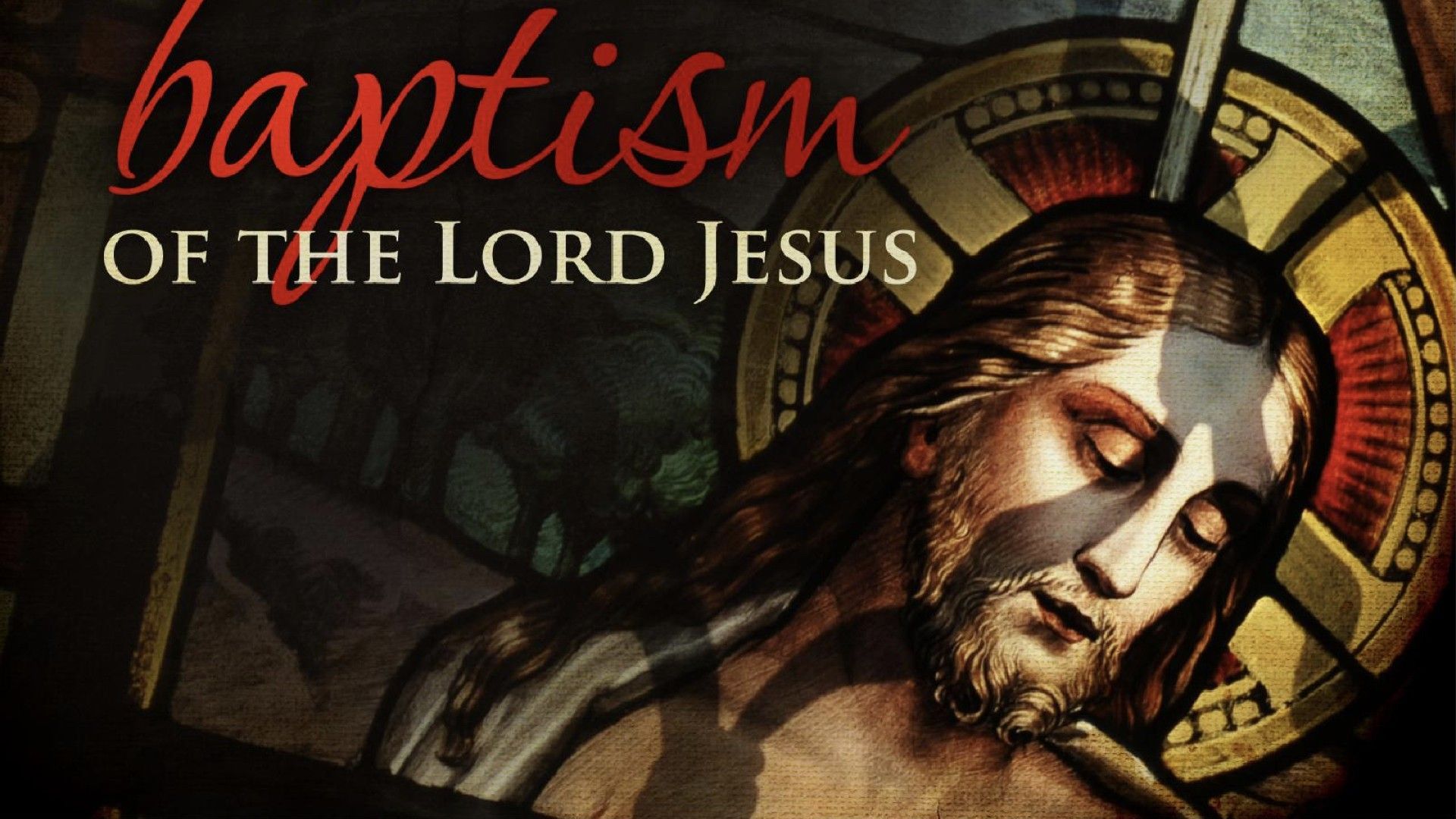
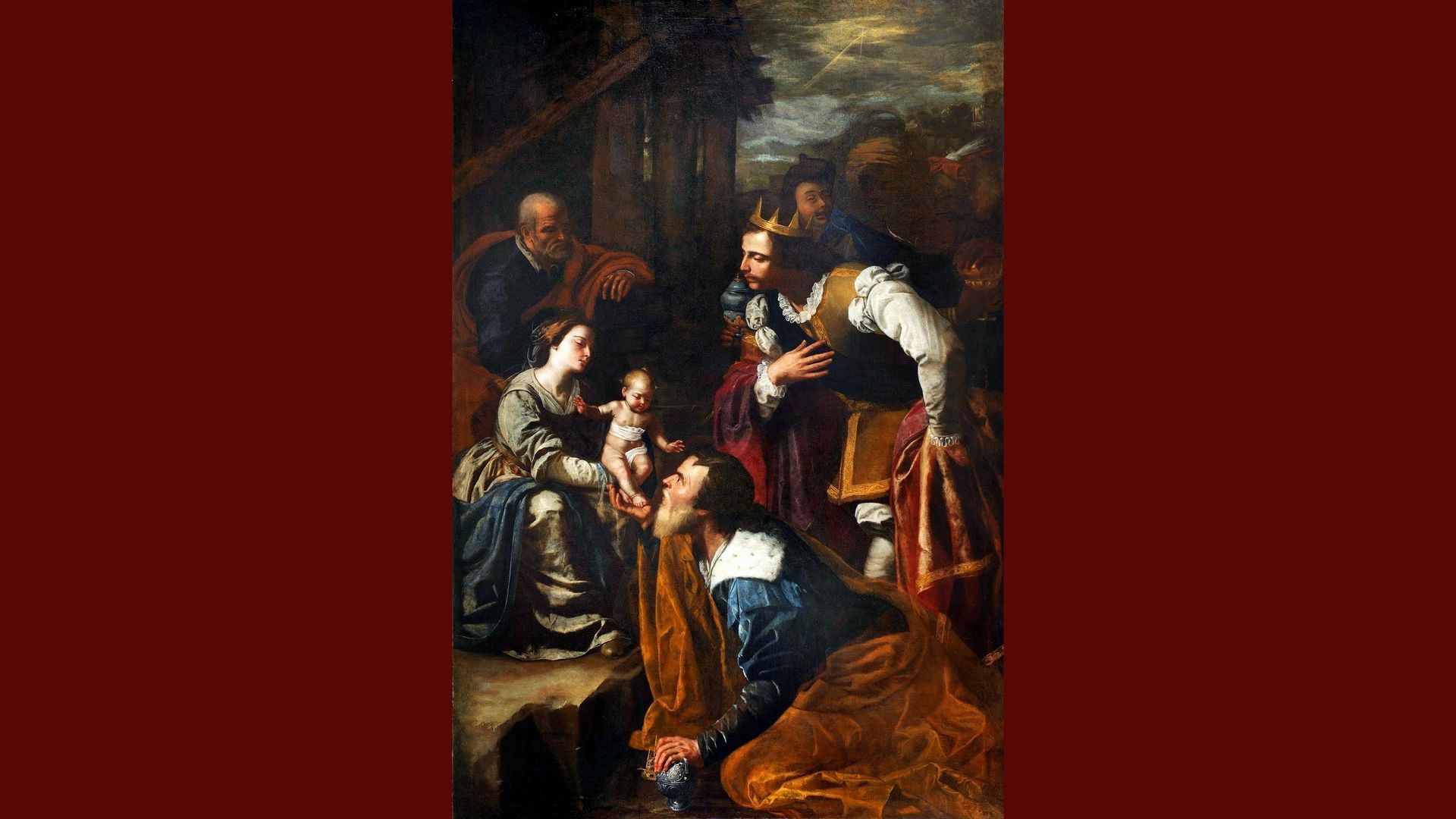


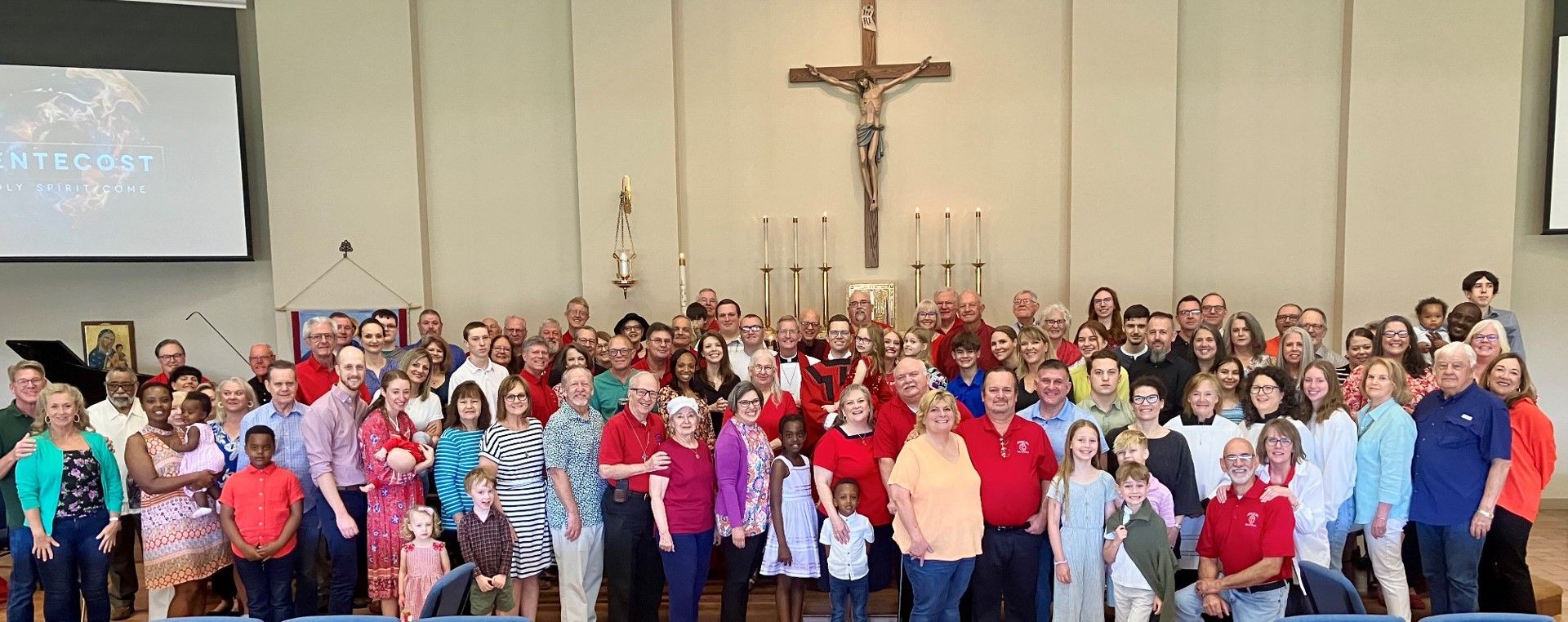


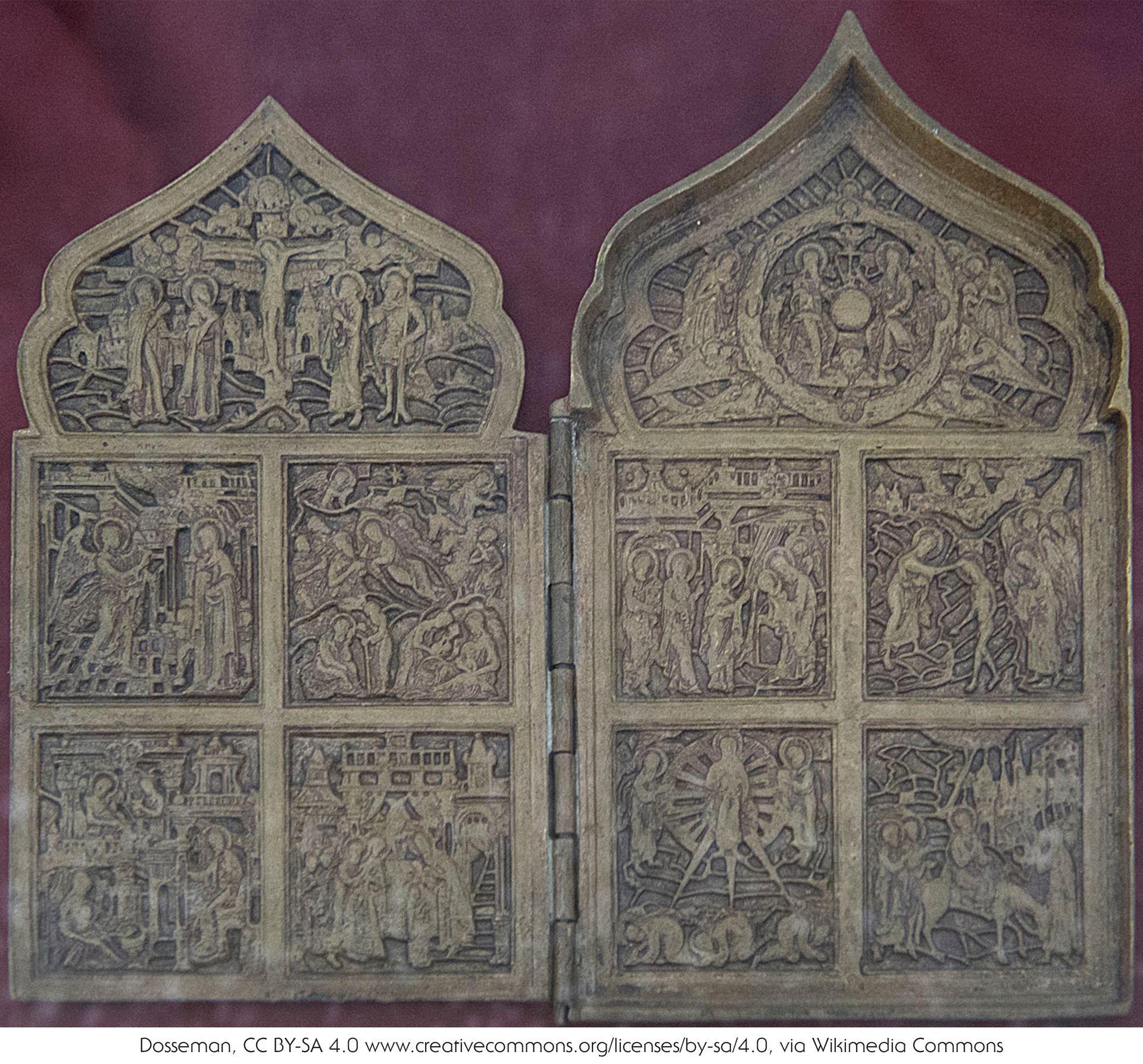

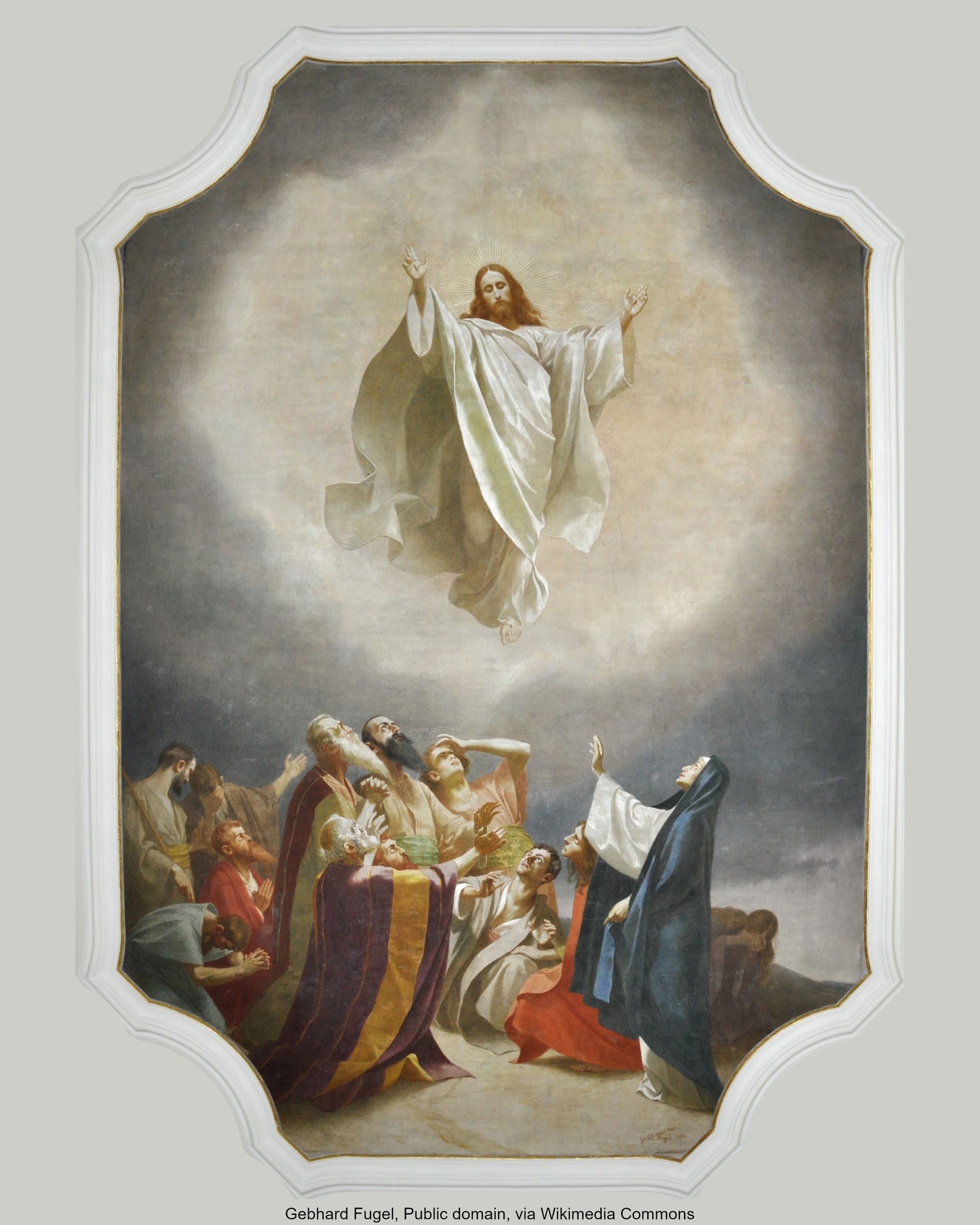
BROWSE OUR SITE
© Saint Barnabas Anglican Church Fort Worth


